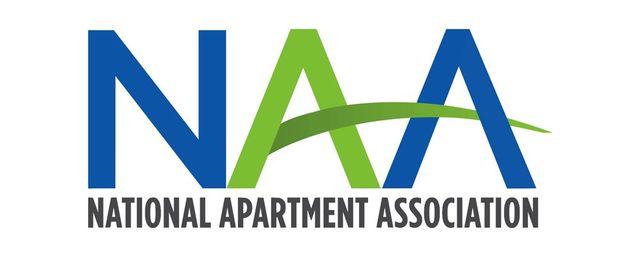Enhancing Multi-Dwelling Unit Internet Protection Through the Tactical Implementation of VPNs
Enhancing Multi-Dwelling Unit Internet Protection Through the Tactical Implementation of VPNs
Blog Article

Within today’s online landscape, ensuring the safety of internet links is crucial, particularly in Multi-Dwelling Units (MDUs) such as flat complexes and condominiums . Tenants in these shared environments often link to the same network, which can make them vulnerable to online dangers. One efficient way to enhance internet safety in MDUs is through the tactical implementation of Virtual Secure Connections (VPNs). VPNs establish a protected connection over the internet, enabling individuals to protect their personal information and maintain privacy while online.
A VPN functions by encrypting the information that transmits between a client’s device and the web. This means that even if someone tries to capture the information, they will not be able to read it. For residents in MDUs, employing a VPN can significantly diminish the risk of data leaks and unauthorized access to private data. By coding their online data flow, users can browse the internet, stream videos, and interact digitally without concern about hackers or other malicious actors. This added layer of protection is especially crucial in environments where many people share the same online link.
Alongside safeguarding private information, VPNs can also assist tenants access content that may be restricted in their area. Many broadcasting platforms and websites limit access based on geographic location. By employing a VPN, individuals can link to nodes in various nations, enabling them to overcome these restrictions and enjoy a wider range of online content. This aspect can be especially attractive to inhabitants who wish to obtain global information, entertainment, or learning materials that may not be accessible in their area.
Adopting VPNs in MDUs can also cultivate a feeling of togetherness and confidence among tenants. When all in a complex employs a VPN, it establishes a more protected setting for exchanging information and resources. Residents can feel more comfortable using shared networks for activities like online banking or shopping, knowing that their data is safe. Additionally, property administrators can promote the Recommended Reading use of VPNs as part of their comprehensive safety plan, aiding to establish a more secure residential environment for all.
In, the tactical deployment of VPNs in Multi-Dwelling Units is an efficient way to enhance online safety for residents. By encrypting information, offering access to limited material, and fostering a feeling of togetherness, VPNs offer numerous benefits that can improve the digital interaction for everyone. As online dangers continue to develop, it is crucial for residents and building managers to prioritize online security and consider the benefits that VPNs can offer. Embracing this technology can result to a safer, more connected residential environment for everyone.